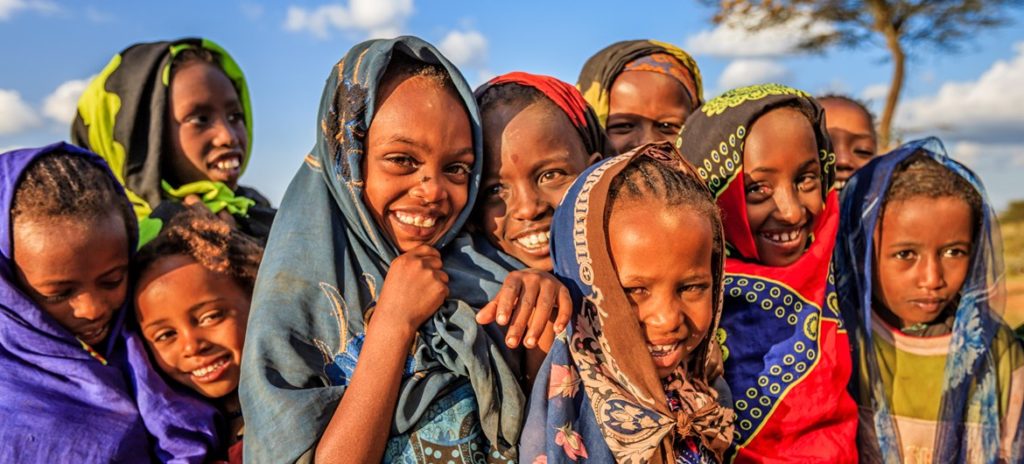 Child marriage is a global phenomenon that leaves girls vulnerable to abuse and health problems, including potentially deadly pregnancy complications. In 2014, Ethiopia committed to ending child marriage by 2025.
Child marriage is a global phenomenon that leaves girls vulnerable to abuse and health problems, including potentially deadly pregnancy complications. In 2014, Ethiopia committed to ending child marriage by 2025.
But some districts of the country are on track to meet this goal even earlier.
In Kolla Tembein District, an outreach program reached some 1,200 unmarried girls through school programmes like the girls’ clubs. Community outreach efforts engaged another 1,200 girls who were already married. Thanks to such efforts, there have not been any cases of child marriage reported in those localities in the past last three years, and the dropout rate among female students has fallen to almost zero.
The programme now is set to expand to the rest of the district.
The community’s women and girls are mobilizing to change things – and they are seeing enormous success.
Women take action
The programme works with women’s volunteer networks called Women’s Development Groups. The volunteers received information about the consequences of child marriage, as well as related issues such as gender equality, the importance of ending female genital mutilation (FGM), and the benefits of maternal health care.
Because girls who leave school are more likely to be married off, and because many child brides are forced to drop out, the Women’s Development Groups also work closely with the local schools. If a girl drops out, the volunteers speak with her family to convince them of the importance of education over early marriage. If necessary, they refer cases of child marriage to local authorities.
Empowering girls
In schools, girls’ clubs are also helping to end child marriage. The clubs meet every two weeks with a specially trained mentor, who explains the harms of child marriage.
The girls also receive other information, including the basics of sexual and reproductive health and how to prevent sexually transmitted infections. They also gain life skills such as financial literacy skills.
The idea is to empower girls to not only reject child marriage but to minimize their vulnerability by improving their prospects for the future.
Merhawit Mezgebe, 18, is a 10th grader, and has been attending this programme for the past two years. Like other girls in the club, she has opened a savings account and is eager to plan for her future.
“I want to use my savings to finance my college studies without bothering my parents,” she said, smiling.
The girls are also helping to stamp out child marriage in their communities, she added.
When members of the club hear about possible child marriages taking place, they report it back to their mentor, who works with authorities to take action.



